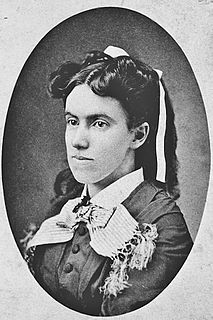A Quote by Hudson Taylor
If I had a thousand pounds, China should have it. If I had a thousand lives, China should have them. No! Not China, but Christ. Can we do too much for Him?
Related Quotes
What is applicable is to understand that first of all China has undergone a huge revolution in the last years. Anyone who saw China as I did in 1971 - and for that matter even in 1979, because not much had changed between 1971 and 1979 - and sees China today, knows one is in a different economic system.
The focus around Circle China is really cross-border payments. If I'm a parent in China and my son is studying at London Business School, I might want to send 500 RMB. I should be able to do that and have my child instantly receive it as pounds sterling, in the same way people do that with instant messages today.
China, the world's most populous country, 1.3, 1.4 billion people, will in the next decade or so have to begin looking for people outside of China.What does this mean? China will have to become a much more welcoming society. It means that China will have to attract immigrants from other countries in order to slow the aging of the population.
When China got into the WTO, that allowed it to sell into any other country within the WTO - not just the United States - at the lowest tariffs that country offered. And the other countries could sell into China at the lowest tariffs that China offered. The problem, right off the bat, was that China had much higher tariffs than everywhere else, so the U.S. and Europe in particular got the short end of that stick.






































